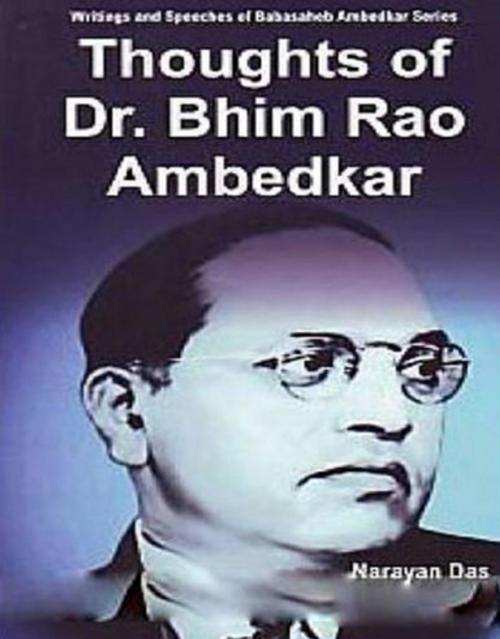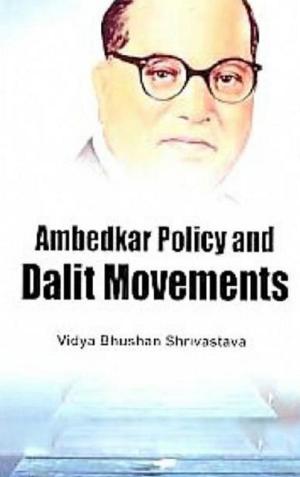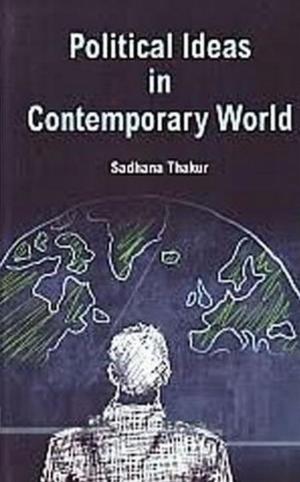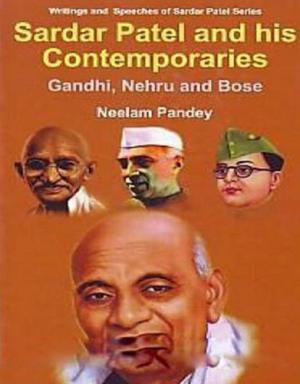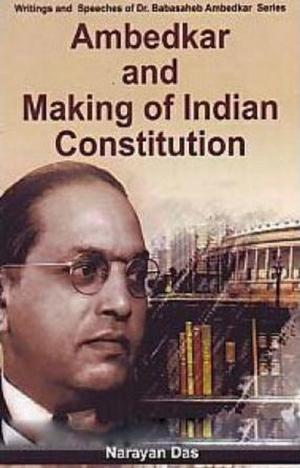Thoughts Of Dr. Bhim Rao Ambedkar
Nonfiction, Social & Cultural Studies, Political Science, Social Science| Author: | Narayan Das | ISBN: | 9789388034814 |
| Publisher: | Centrum Press | Publication: | June 30, 2017 |
| Imprint: | Centrum Press | Language: | English |
| Author: | Narayan Das |
| ISBN: | 9789388034814 |
| Publisher: | Centrum Press |
| Publication: | June 30, 2017 |
| Imprint: | Centrum Press |
| Language: | English |
Dr. Ambedkar in 1943, argued that, " A democratic form of Government presupposes a democratic form of society. The formal framework of democracy is of no value and would indeed be a misfit if there was no social democracy". He further emphasized, "The politicals never realized that democracy was not a form of Government: it was essentially a form of society". He was extremely apprehensive of the Dalits` fate in the independent India. The political philosophy of Ambedkar may help in renegotiating the crisis of western political theory in particular and leading the struggles of the masses in general. One can see Ambedkar’s association with the grand political streams such as liberal, radical or conservative through his writings. At same time he differentiates himself with these three dominant political traditions. Ambedkar’s philosophy is essentially ethical and religious. For him, social precedes the political. Social morality is the central to his political philosophy. This is a valuable resource book for all those interested in learning and researching about Ambedkar.
Dr. Ambedkar in 1943, argued that, " A democratic form of Government presupposes a democratic form of society. The formal framework of democracy is of no value and would indeed be a misfit if there was no social democracy". He further emphasized, "The politicals never realized that democracy was not a form of Government: it was essentially a form of society". He was extremely apprehensive of the Dalits` fate in the independent India. The political philosophy of Ambedkar may help in renegotiating the crisis of western political theory in particular and leading the struggles of the masses in general. One can see Ambedkar’s association with the grand political streams such as liberal, radical or conservative through his writings. At same time he differentiates himself with these three dominant political traditions. Ambedkar’s philosophy is essentially ethical and religious. For him, social precedes the political. Social morality is the central to his political philosophy. This is a valuable resource book for all those interested in learning and researching about Ambedkar.
